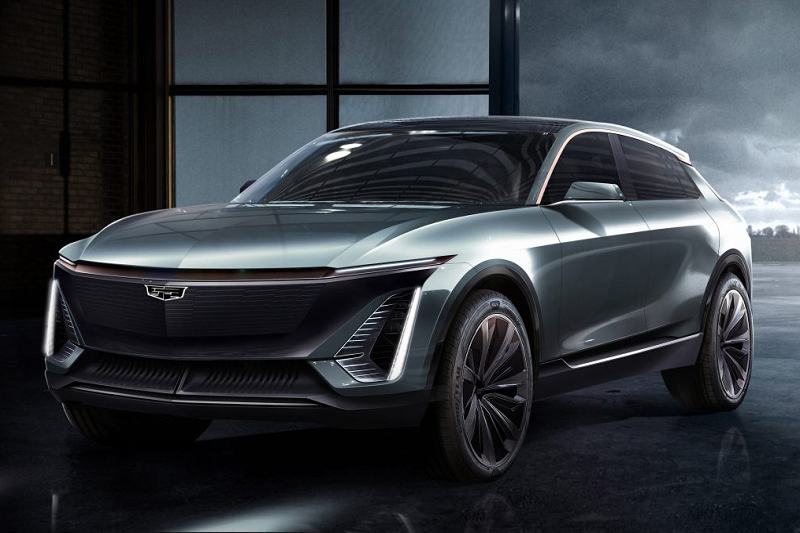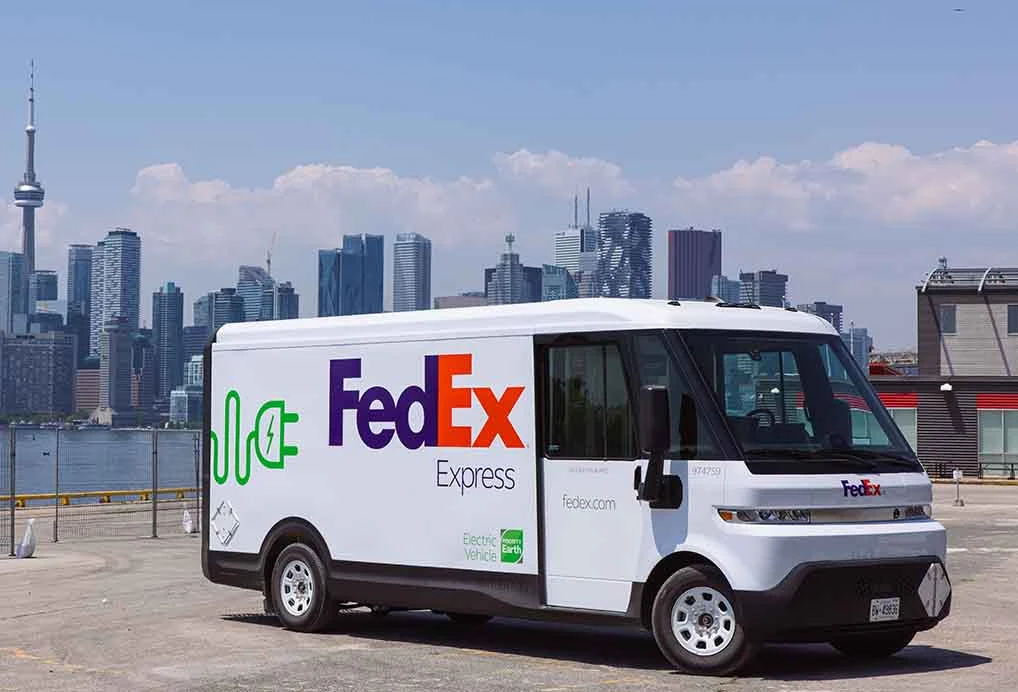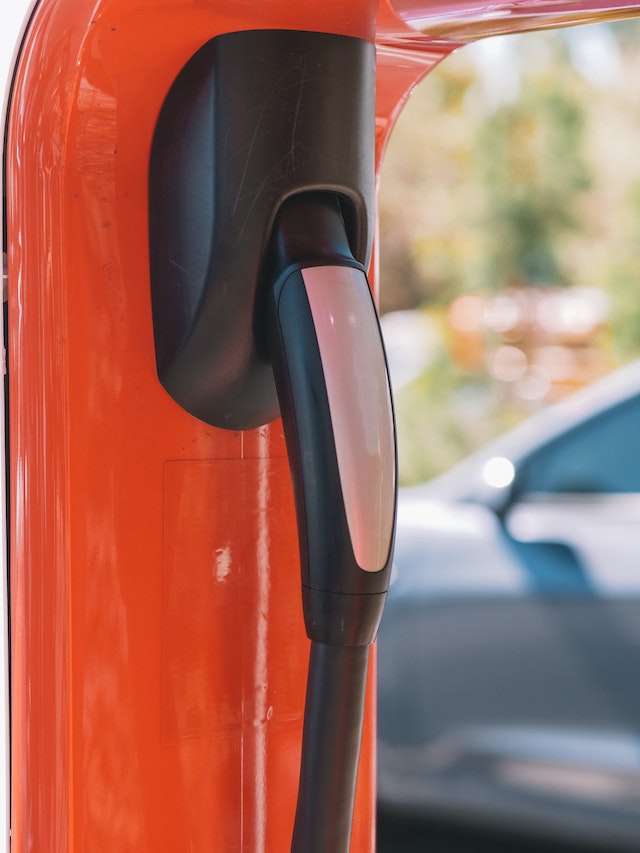GM suspends electric vehicle production due to battery shortage

General Motors (GM), one of the world’s largest automakers, has temporarily halted production of some of its electric vehicles (EVs) due to a shortage of battery cells. The company faces challenges in increasing its production of electric vehicles as it competes with other manufacturers for the limited supply of batteries.
BrightDrop affected by Ultium cell shortage

One of the affected brands is BrightDrop, a GM startup that builds last-mile delivery vans for companies like FedEx and Verizon. BrightDrop has stopped building electric vehicles at its factory in Ingersoll, Canada, due to a shortage of Ultium battery cells. Ultium is GM’s new battery platform that powers its latest electric vehicle models, such as the GMC Hummer EV and Cadillac Lyriq.
GM launched BrightDrop and its delivery van, the Zevo 600, during President Mary Barra’s CES 2021 keynote address. The van was developed in record time and leverages GM’s Ultium batteries. Production began later in 2021, but some customers will have to wait longer due to battery shortages.
Hummer EV and Lyriq sales lagging
This isn’t the first time problems with Ultium cells have affected GM’s electric vehicle production. In 2022, GM had to stop selling the BrightDrop Zevo 600 van and Hummer EV due to poorly sealed batteries that could leak water. More than 65,000 people have reservations for the Hummer EV, but production numbers still have a long way to go. leave before satisfying this request. Likewise with the Cadillac Lyriq, which only sold 2,438 units in the first half of 20232.
GM has only one operational Ultium plant, a joint venture with LG Energy Solutions in Lordstown, Ohio. But things at this factory aren’t going entirely smoothly. In late June, the company had to halt production to resolve an emissions problem, just as GM wanted to begin production of other Ultium-based electric vehicles, such as the Chevrolet Silverado truck. Other safety concerns at Lordstown are also being factored into GM’s negotiations with the United Auto Workers union, which wants better safety conditions for workers.
GM is currently building additional Ultium plants in Tennessee, Michigan and Indiana, but they are not expected to open until later this year or next year. Meanwhile, GM is committed to building more electric vehicles in the second half of this year as battery capacity increases. GM North America President Rory Harvey said on a call with other executives that he expects “a lot more electric vehicles to be built in the second half of this year.” year than in the first half of this year.
Battery supply crisis affects other automakers
GM isn’t the only one facing battery supply issues. Other automakers are also struggling to obtain enough batteries for their electric vehicle projects. Electric vehicle market leader Tesla has warned that battery cell supply is a limiting factor for its growth and has invested in its own battery production capacity. Ford, Volkswagen, Hyundai and others have also formed partnerships with battery suppliers or announced plans to build their own battery factories.
Global demand for batteries is expected to grow exponentially as more countries and regions adopt policies to phase out fossil fuel vehicles and promote electric transportation. According to BloombergNEF, global battery demand could reach 4.5 terawatt hours by 2030, up from around 0.3 terawatt hours in 2020. To meet this demand, more investment and innovation is needed in the battery industry .



Leave a Comment